epoweredmotion shopping is related and redirected to Amazon shopping center to purchase orders
Can I bring my electric scooter on a plane?
Can you bring electric scooter on a plane? simple answer is generally no, and even if allowed, it’s still not recommended by airlines. Let me explain why. Different airlines have varying policies, but many are strict when it comes to lithium-ion batteries, which are commonly used in electric scooters. Some airlines allow batteries up to 100Wh, and a few allow up to 160Wh. However, most electric scooters have batteries that exceed these limits. Electric Scooter battery life maintenance tips – Taking care of the battery is essential not only for extending its lifespan but also for safety during flights.
Table of Content
ToggleUnderstanding Electric Scooter Battery Limits and Classification

Batteries 100Wh and Under
Devices like laptops, smartphones, and cameras fall into this category. Their low fire risk means airlines typically allow these devices on planes without issue.
Batteries 101Wh to 160Wh
This category includes smaller scooters, often designed for kids. It’s essential to contact the airline beforehand to confirm their policy. How far electric scooters can travel? – The range of a scooter also depends on the battery size.
Batteries Over 160Wh
The majority of electric scooters fall into this category, making it unlikely that you’ll be permitted to bring electric scooter on a plane. Exceptions are rare unless the scooter is classified as a mobility aid or is a particularly small, low-powered model. As electric scooters become more popular, regulations may evolve to allow their transport on airplanes, but for now, the rules remain stringent. Exceptions are typically made only for mobility scooters, which serve as assistive devices for people with disabilities.
Domestic Flights in the U.S. and e-scooter on a plane rules
The Federal Aviation Administration (FAA) has clear guidelines on lithium-ion batteries. Batteries up to 100Wh are permitted in carry-on luggage, while those between 100Wh and 160Wh may be allowed in checked baggage, depending on the airline. Note that “watt hours” (Wh) is a measure of energy capacity, different from the wattage that indicates motor size. To find out the Wh of your scooter’s battery, check the label or manual, or calculate it by multiplying the ampere hours (Ah) by the voltage (V).
If your scooter falls within the allowable range, it’s essential to check the specific rules of your airline. Typically, batteries must be removed from the scooter and stored separately in either carry-on or checked baggage.
If your electric scooter is a medically necessary mobility device, it’s crucial to contact your airline several days before your flight. Provide them with details about the scooter’s size, weight, and battery specifications so they can make the necessary arrangements. It’s also advisable to arrive at the airport at least two hours before your flight to accommodate any additional requirements, such as removing and packing the battery.
Mobility scooters have different regulations compared to recreational scooters. For example, mobility scooter batteries usually cannot exceed 300Wh, though you may carry a spare battery up to 300Wh or two extra batteries up to 160Wh each. Remember, each airline has its own rules and restrictions, so always verify them in advance.
What to Do if Your Scooter Can’t Fly with you?
If the airline does not allow your scooter on board, you could consider renting one at your destination. A rental scooter could be a The Federal Aviation Administration, especially in large cities.
How to effectively lock an Electric Scooter? If you leave your scooter at home, make sure it is securely locked while you’re away.
Also, remember the importance of safety. Even if the airline permits your scooter, you may need to follow specific guidelines for riding safely, particularly if you’re in a new city or country.
U.S. & Canadian Airline Regulations due to e-scooter on a plane
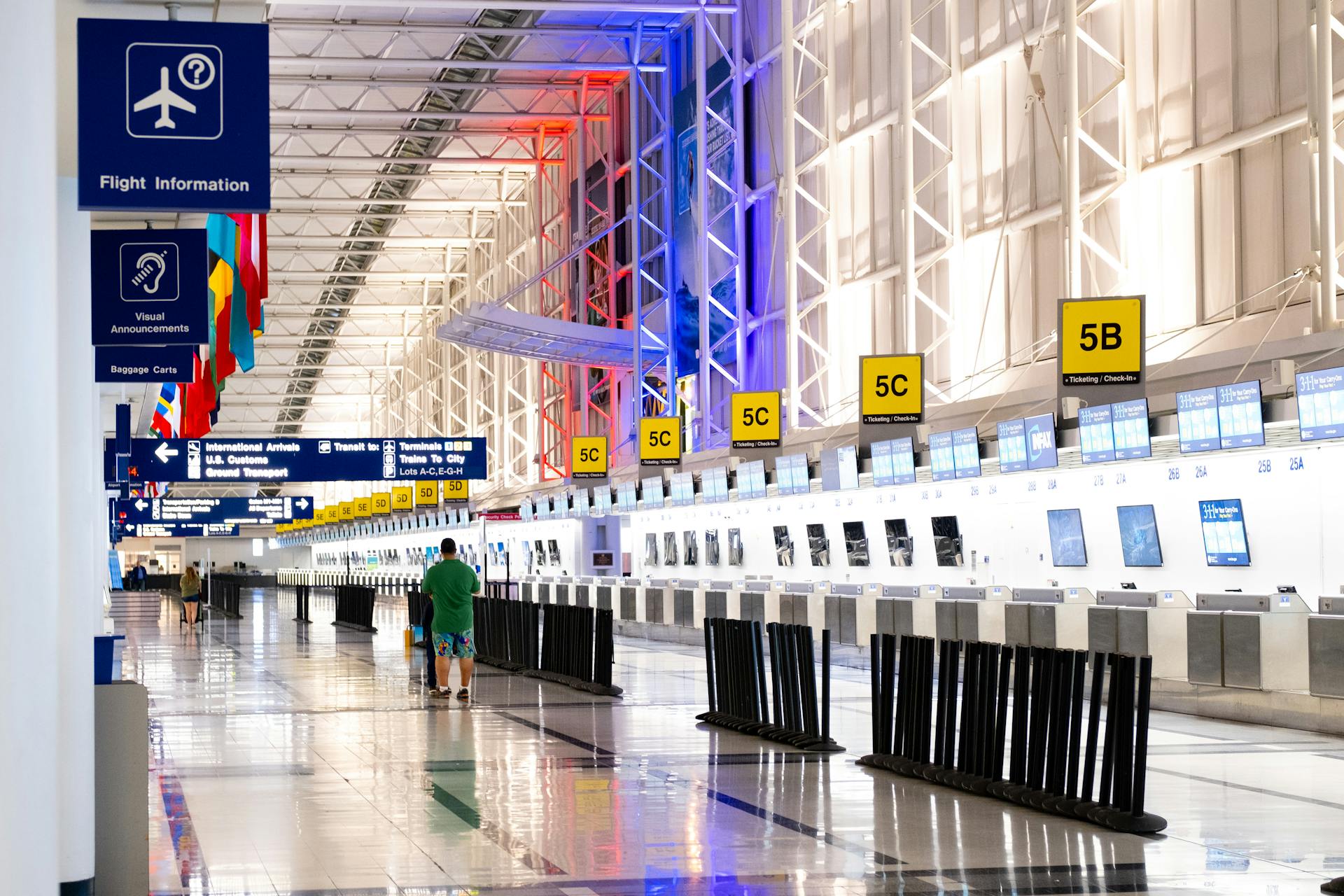
- American Airlines: Strictly prohibits e-scooters in both checked and carry-on luggage due to lithium-ion battery concerns.
- Delta: Does not mention e-scooters specifically but prohibits other lithium battery-powered recreational devices. Lithium-ion batteries up to 160Wh are allowed in carry-on or checked baggage.
- JetBlue Airways: Does not allow recreational scooters on any flight.
- United Airlines: Bans all recreational scooters on flights to ensure the safety of passengers and staff.
- Air Canada: Does not allow recreational mobility devices on planes due to lithium battery restrictions.
- Air Transat: Bans recreational scooters due to battery concerns.
- Porter Airlines: Restricts items over 160Wh in both carry-on and checked baggage.
International Guidelines
International regulations to bring electric scooter on a plane are regarding lithium-ion batteries are often more stringent than in the U.S. Due to the potential risk of batteries overheating and exploding, the International Air Transport Association (IATA) classifies them as “dangerous goods.” Their guidelines are similar to those of the FAA:
- Batteries 100Wh and Under: Allowed in both carry-on and checked baggage without special approval.
- Batteries 100Wh to 160Wh: Allowed in carry-on or checked baggage, but approval from the airline is required.
- Batteries Over 160Wh: Strictly prohibited in both carry-on and checked baggage.
These guidelines apply to international flights, but each region may have additional rules. For example, regulations in China are particularly strict. In Europe, check with the European Union Aviation Safety Agency (EASA) or the relevant country’s aviation authority. Airlines may make exceptions for mobility devices, so contact them directly if you need to make special arrangements.
International Airline Policies regarding e-scooter on a plane
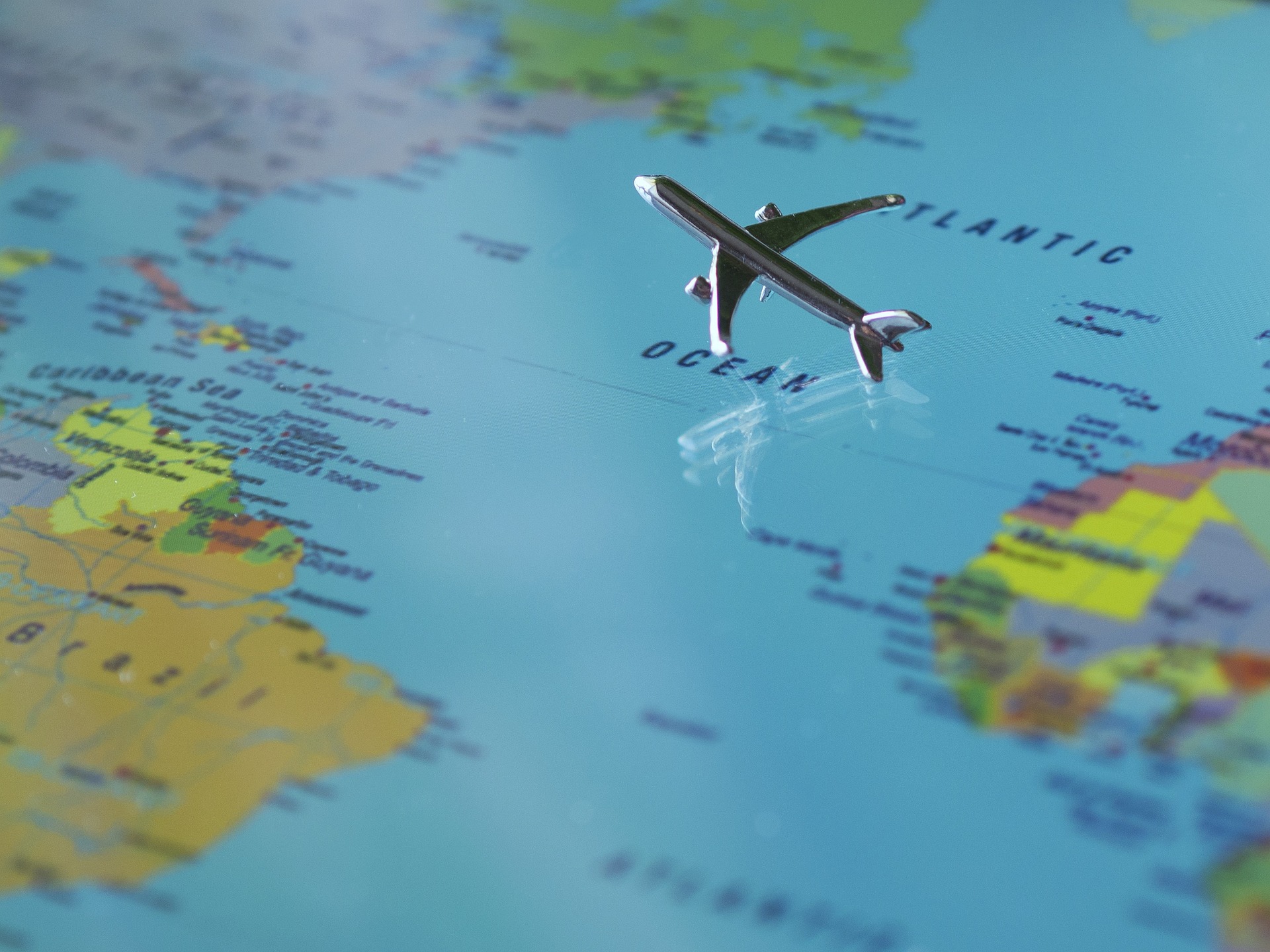
- Emirates: Bans recreational transportation devices in both carry-on and checked luggage due to battery concerns.
- Virgin: Restricts devices powered by lithium-ion batteries but may allow e-scooters as checked luggage if the battery is removed.
- Qatar Airways: Prohibits all recreational transportation devices, even those without batteries.
- Singapore Airlines: Bans devices with lithium-ion batteries.
- Lufthansa: Does not allow recreational transportation devices, including e-scooters, on flights.
- China Southern Airlines: Allows only non-electric recreational devices on flights.
- British Airways: Strictly prohibits electrical devices that use lithium batteries.
- Qantas: Requires that devices with batteries exceeding 160Wh be shipped as cargo.
- Air France: Restricts all electric transportation devices unless they are mobility aids.
Additional Details about bringing electric scooter on a plane
1. Battery Technology:
One emerging solution is the development of safer battery technologies, like solid-state batteries, which are less prone to overheating and could eventually make it safer to transport larger batteries on planes. This could lead to more lenient rules in the future.
2. Alternative Solutions:
Some companies are exploring the possibility of designing electric scooters with removable batteries that meet airline regulations. This could make it easier to bring scooters on planes, as the battery could be stored separately and safely in carry-on luggage.
3. Environmental Considerations:
With the rise of electric scooters as eco-friendly transportation, there’s growing pressure on regulatory bodies to adapt their rules. The balance between safety and sustainability is a hot topic, and we might see changes in the near future as more people advocate for the use of electric scooters.
4. Insurance and Liability:
For those who do manage to bring an electric scooter on board, there are legal and insurance implications to consider. If an incident occurs involving a scooter’s battery, determining liability can be complex. This is another reason why airlines might be reluctant to allow them on flights.
5. Consumer Advocacy:
There’s potential for consumer advocacy groups to push for more consistent and transparent rules regarding electric scooters on planes. If these groups can demonstrate that newer technologies or better safety practices are in place, it might lead to a shift in airline policies.
Conclusion and Recommendations
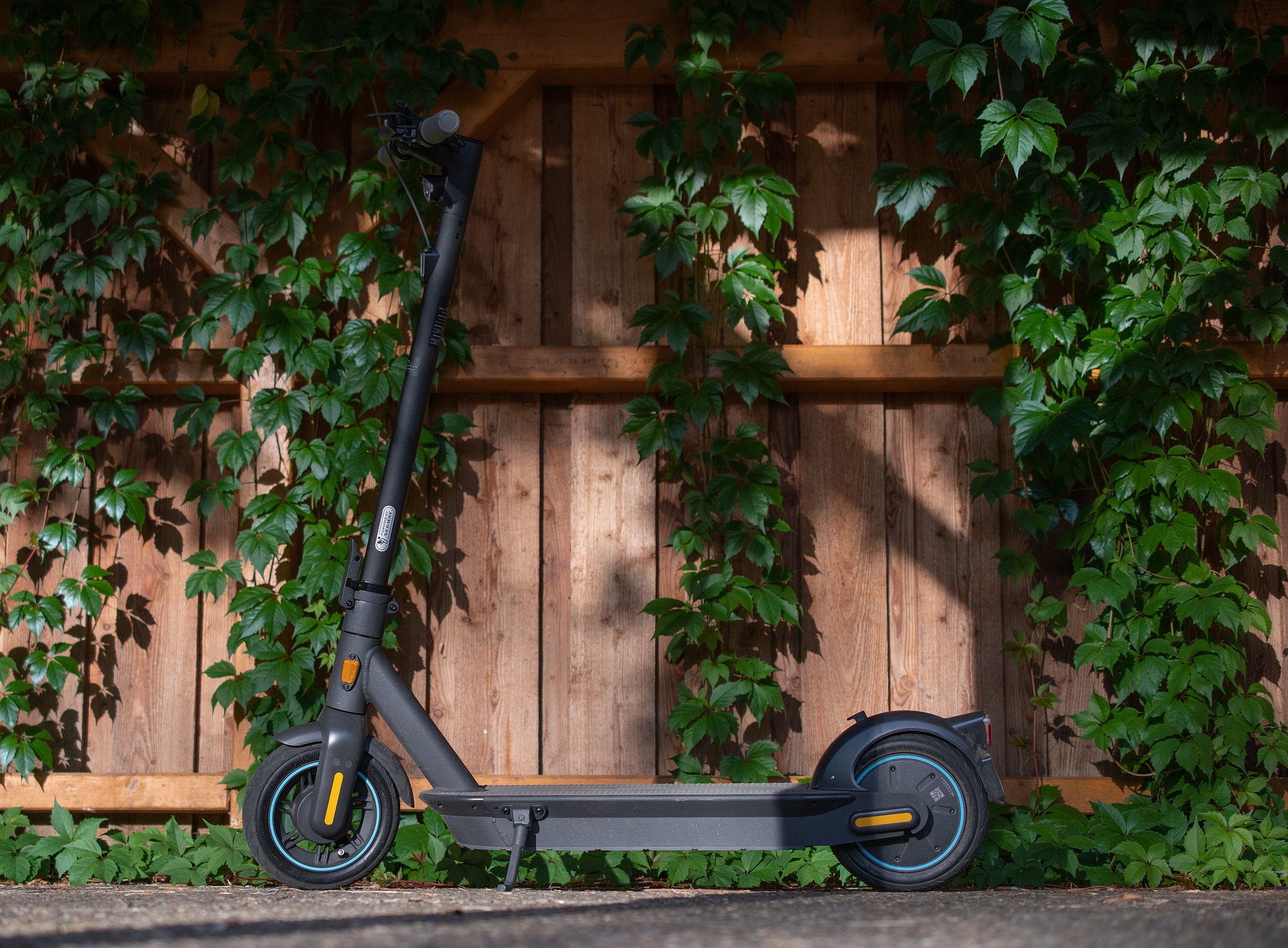
In most cases, unless your scooter is classified as a mobility device or is a small, low-powered model, it is unlikely you’ll be allowed to bring electric scooter on a plane. Instead of attempting to travel with your scooter, consider renting one at your destination. While electric scooters are convenient, economical, and environmentally friendly ways to get around, they are currently not suitable for air travel. Hopefully, as their popularity grows, regulations will adapt to allow them on planes in the future.
Additional Recommendations
When choosing an electric scooter, whether for travel or daily use, think about what type of scooter fits your needs. Smaller models are more likely to be allowed on planes, but it’s also important to check if you can ride them on the road and if a license is required.

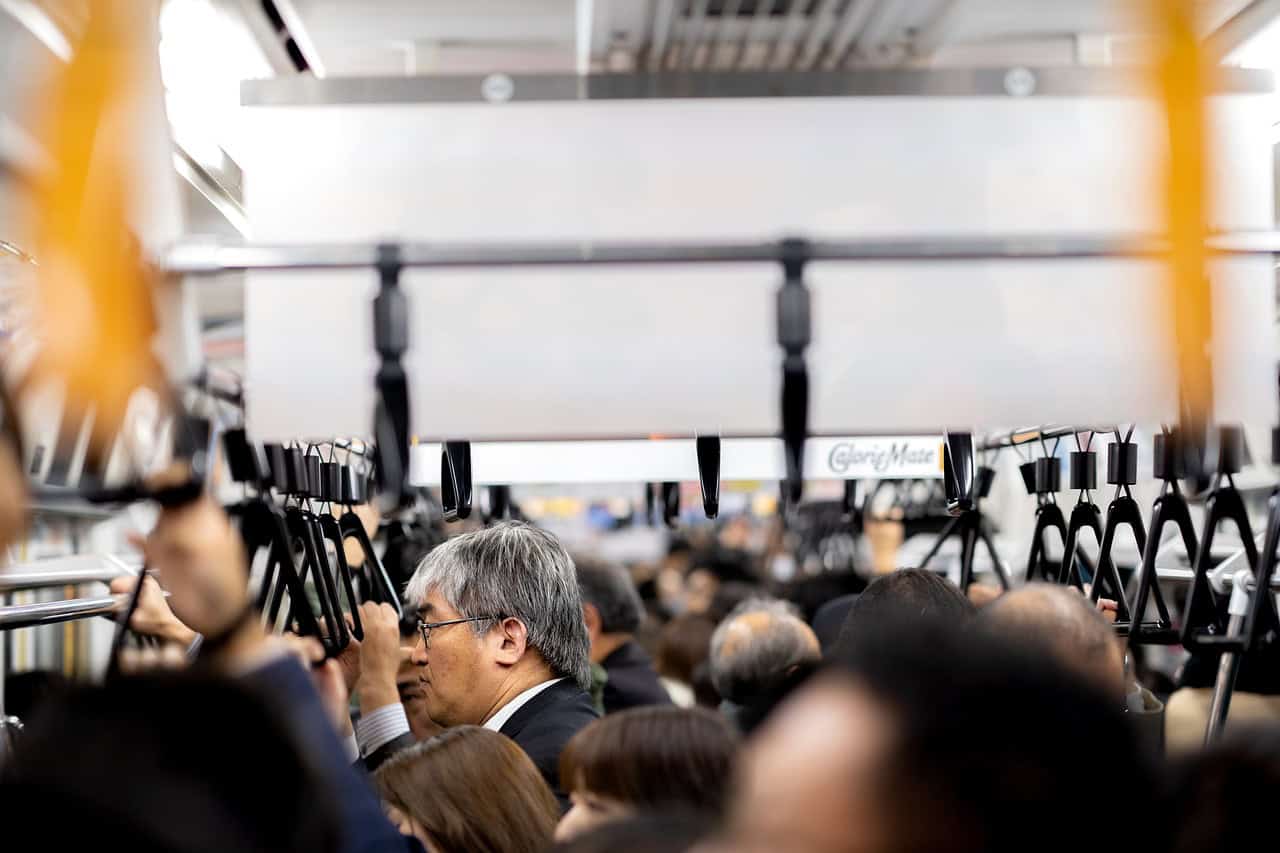
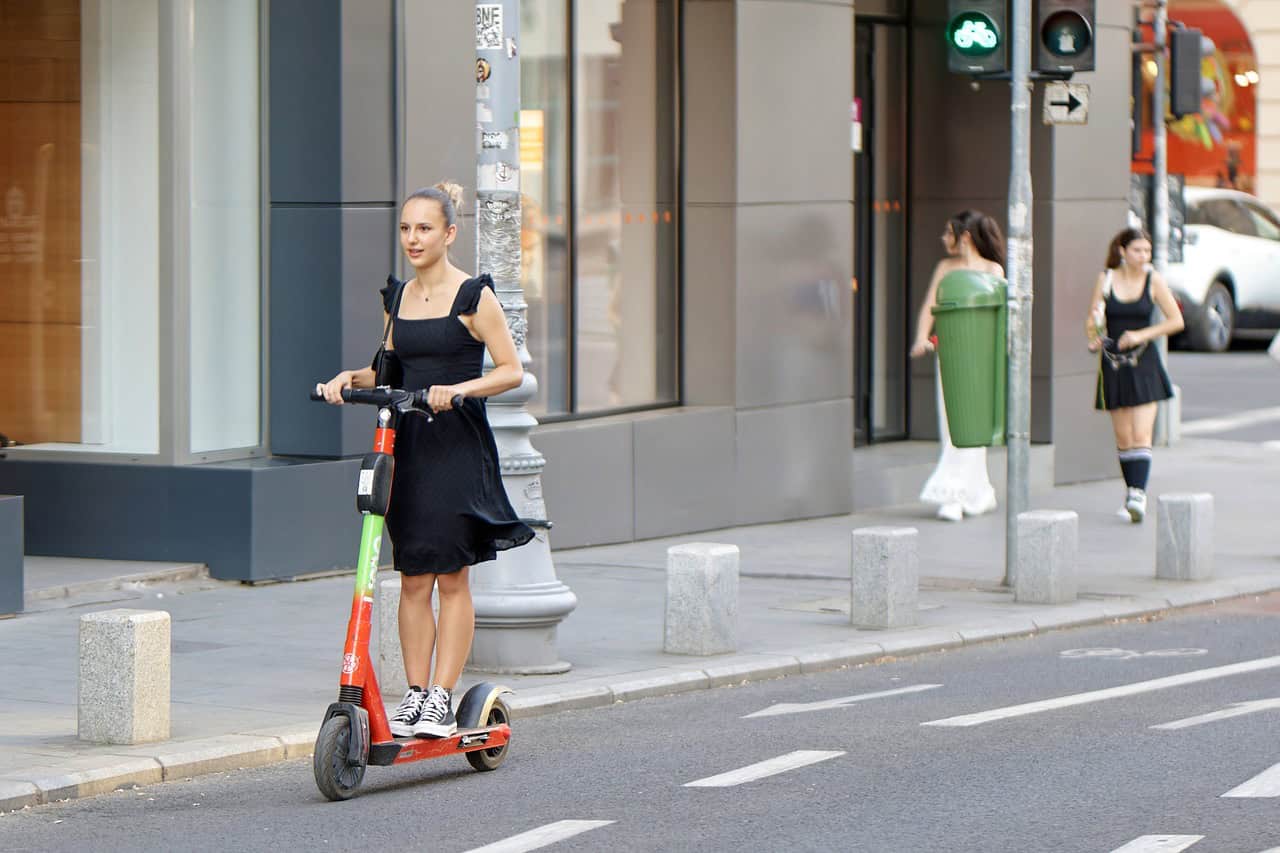

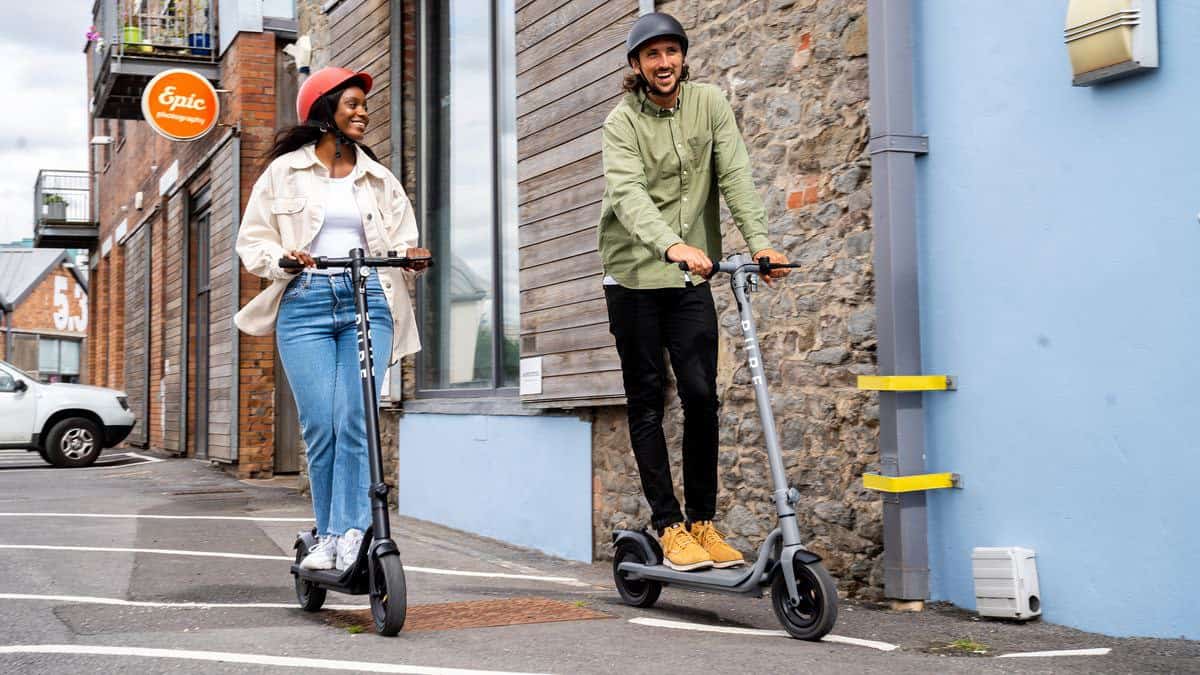
Nice content